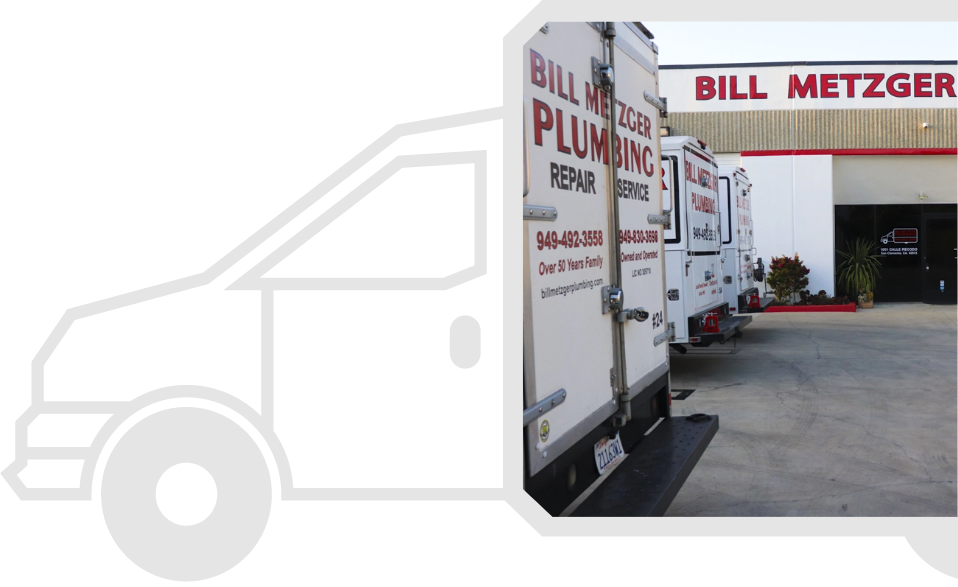(Editor’s Note: This guest editorial was submitted by Andrew D. Turner, Special Counsel, Shapell Homes, Inc.)
Recently, Shapell Homes filed a $5 million lawsuit against Moulton Niguel Water District because we believe the water supplied by the district is overly corrosive and/or aggressive. Litigation was not our first choice, however, after more than a year trying to reach agreement with MNWD we were unable to convince the district to join with Shapell to investigate the potential for corrosivity and investigate solutions, including possibly just changing their water treatment process.
Since 2001, Shapell has built approximately 950 homes in the San Joaquin Hills and Hillcrest Estates developments in Laguna Niguel. In recent years, we noticed an alarming rate of repairs required due to pinhole leaks in copper pipes. Shapell’s customer service division has made repairs to approximately 200 homes in these communities, due to pinhole leaks developing in the copper pipes. Although these pinhole leaks occurred after Shapell’s contractual warranty had expired, as part of its repairs Shapell has replaced homeowners’ copper pipes with cross linked polyethylene (PEX) pipes.
Shapell has been building quality homes in Southern California since 1955 and has never experienced this number of pinhole leaks in copper piping. After extensive evaluation by independent experts of our materials, subcontractors and installation procedures, as well as a thorough water analysis, we concluded that the problem is not caused by the pipes or installation but by the corrosive properties of the water.
Shapell tried to work with MNWD to solve the problem of corrosive water short of litigation. As part of that effort, we requested a tolling agreement, which would allow time for the parties to meet and share information in an effort to determine whether a solution could be reached, and which would not result in Shapell losing certain legal rights. Unfortunately, MNWD would not agree to work with us. It appears that MNWD staff, rather than the Board of Directors, made the decision not to enter into a tolling agreement because a review of the minutes of the Board meetings reflect that the Board was never provided the opportunity by the staff to make a decision one way or the other on Shapell’s request for a tolling agreement. Our preference continues to be to reach an agreement with the district for supplying non-corrosive water. We reluctantly filed suit to encourage the district to reevaluate the water chemistry to eliminate or to lower the corrosivity level in MNWD’s water as MNWD is the only party that can make that change.
According to our lawsuit, the concentration of leaks is due to the treatment of the water supplied to the homes in Laguna Niguel by MNWD. The Federal Safe Drinking Water Act (SDWA) Lead and Copper Rule, for example, requires that drinking water shall be “generally non-corrosive”. Our lawsuit alleges that MNWD’s treatment of the water results in water that is in fact corrosive, and as such violates MNWD’s standard of care. One potential cause is in the use of chloramine, a disinfectant used to treat drinking water.
This issue is not limited to the Shapell homes in Laguna Niguel. Lennar has also filed suit on the same issue against the Metropolitan Water District and Santa Margarita Water District. In those matters, the water districts have responded that if the problem was in the water, pipes would be leaking everywhere. Shapell contends that a cursory review of the number of building permits issued for water pipe replacement in similarly sized communities in Orange County show a disproportionately high number of permits issued in Laguna Niguel as compared to that of other cities with water suppliers other than MNWD.


 Today
Today 